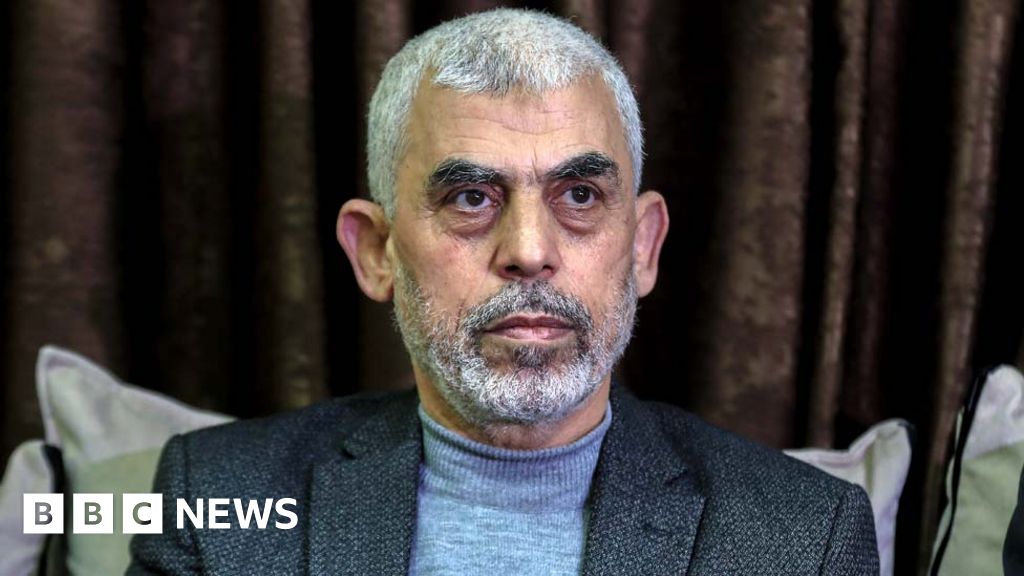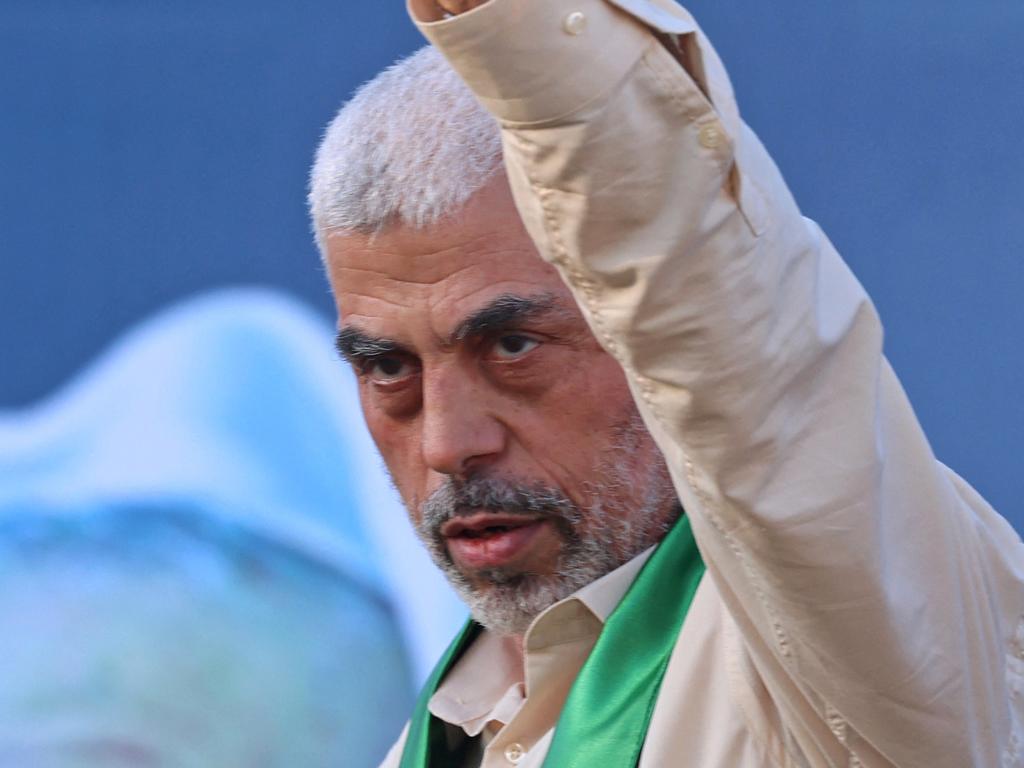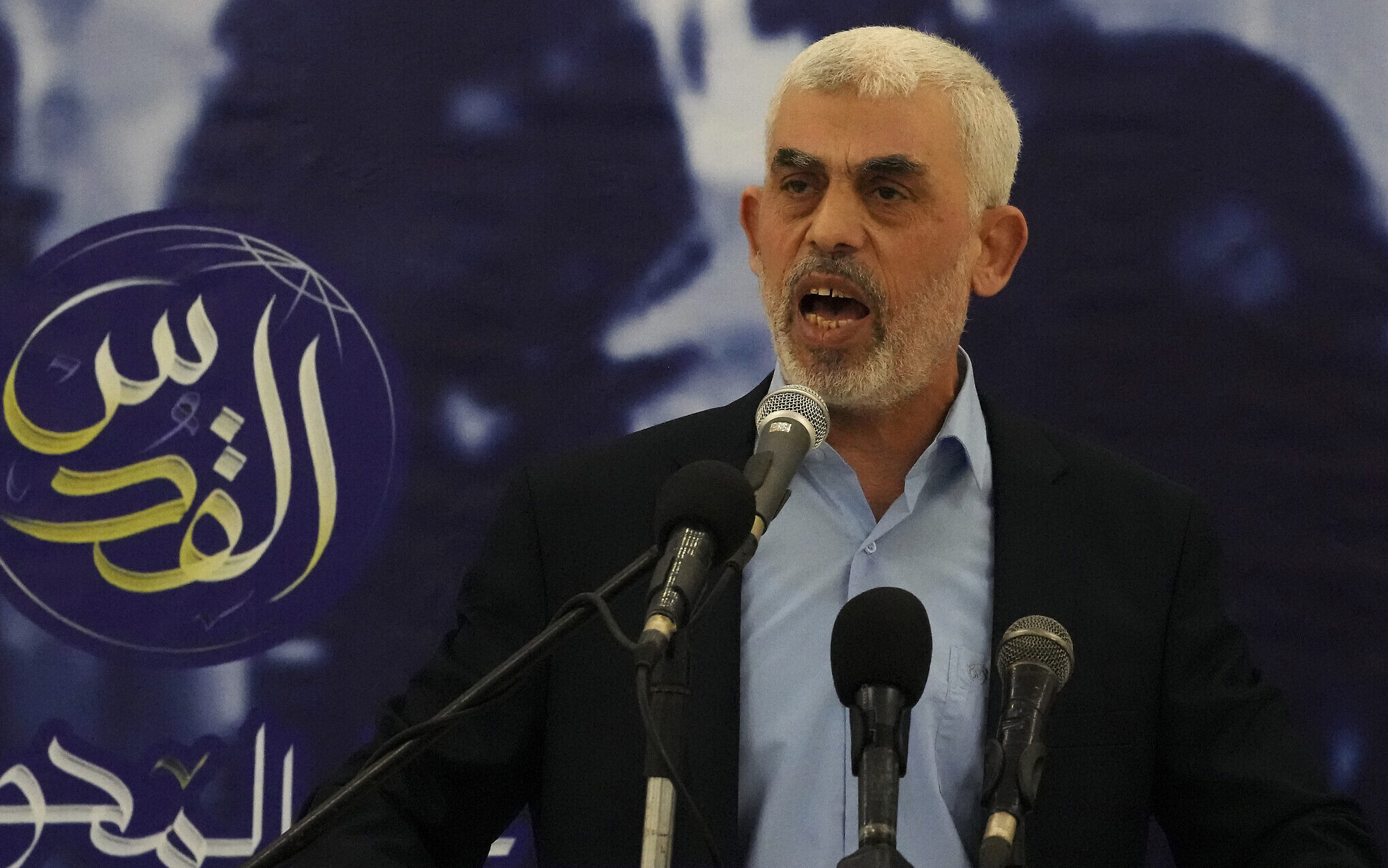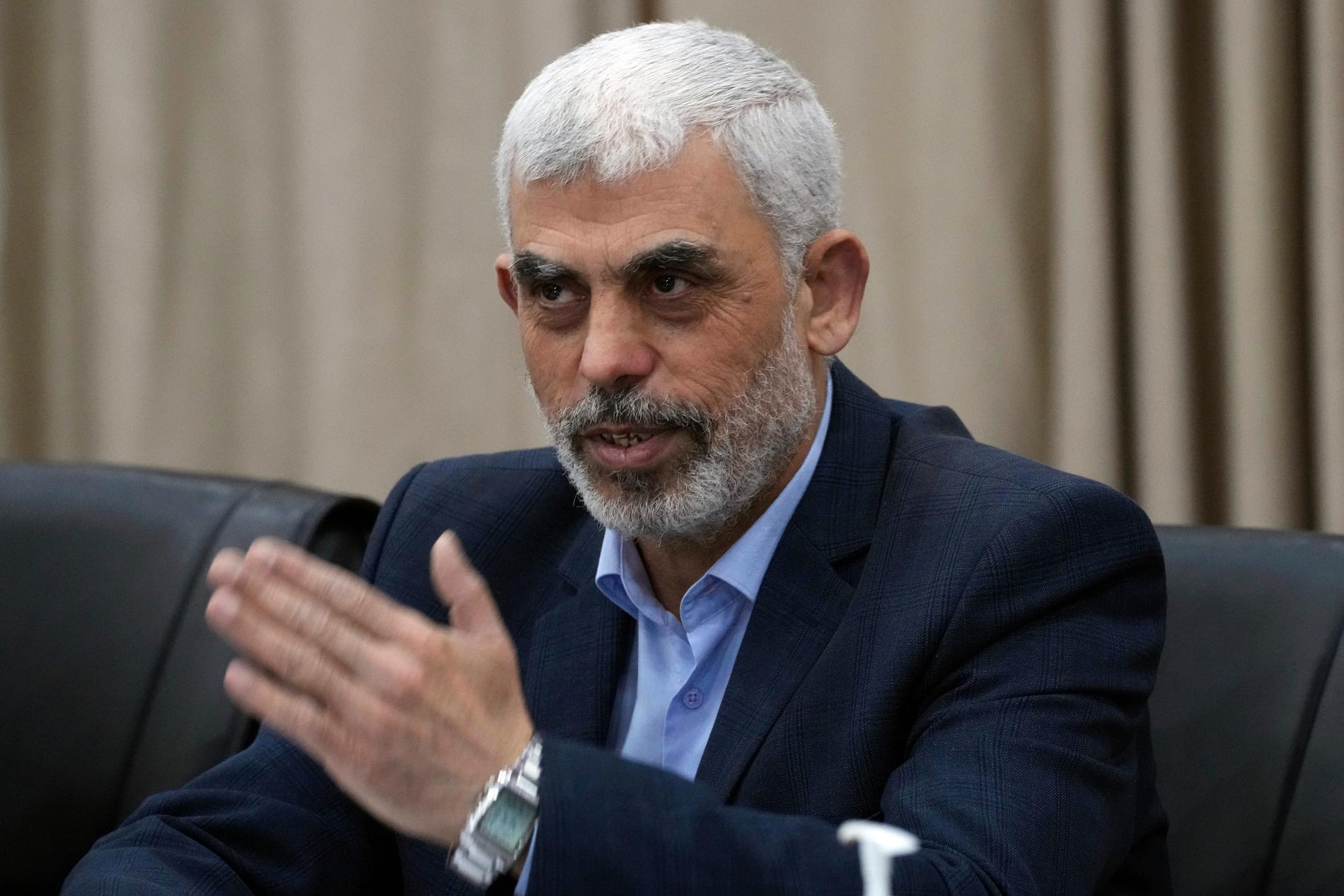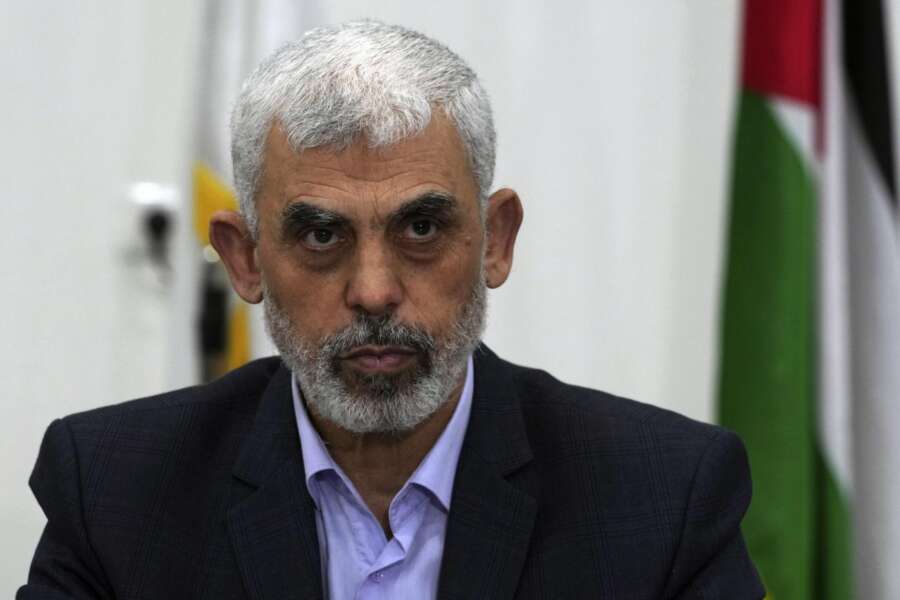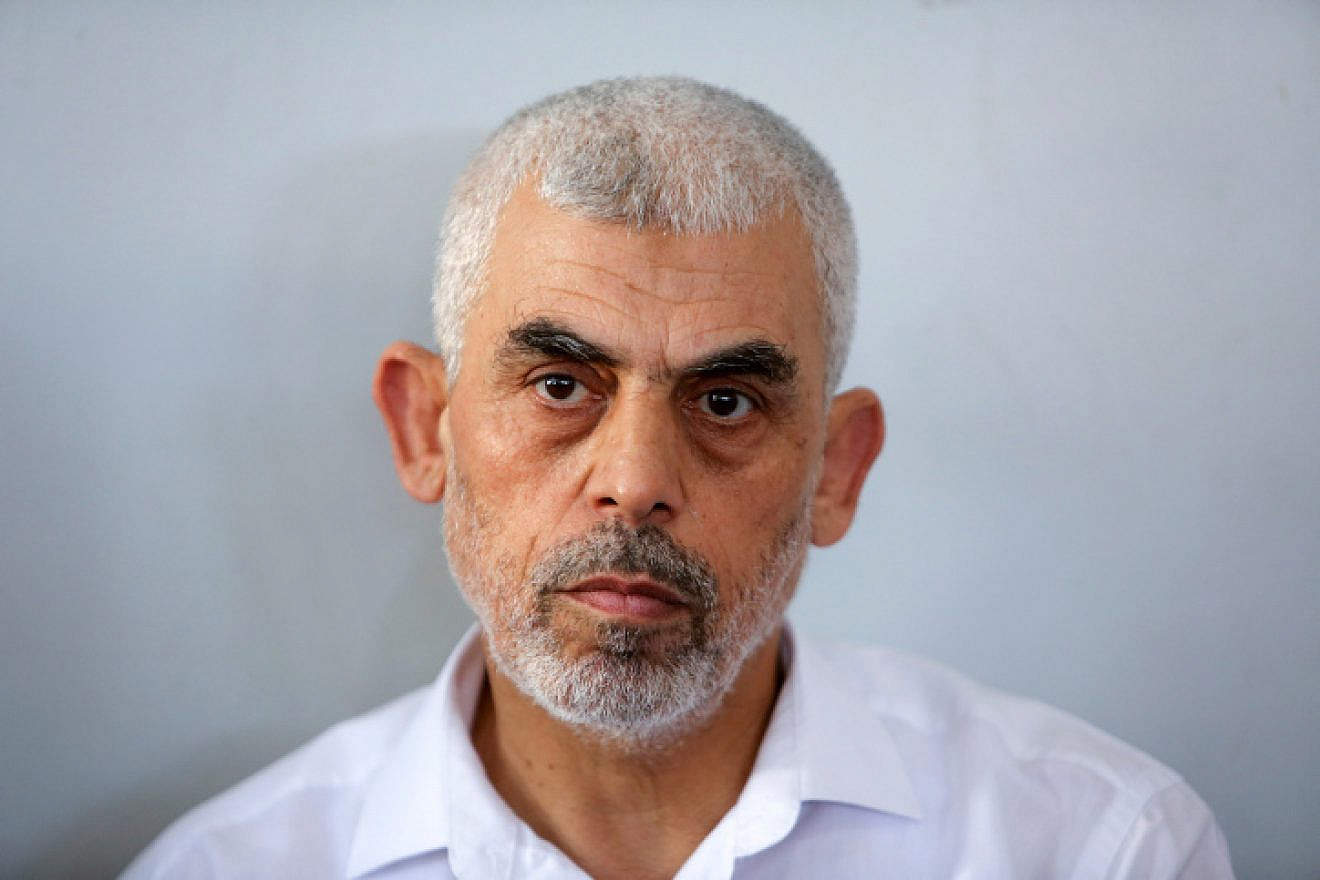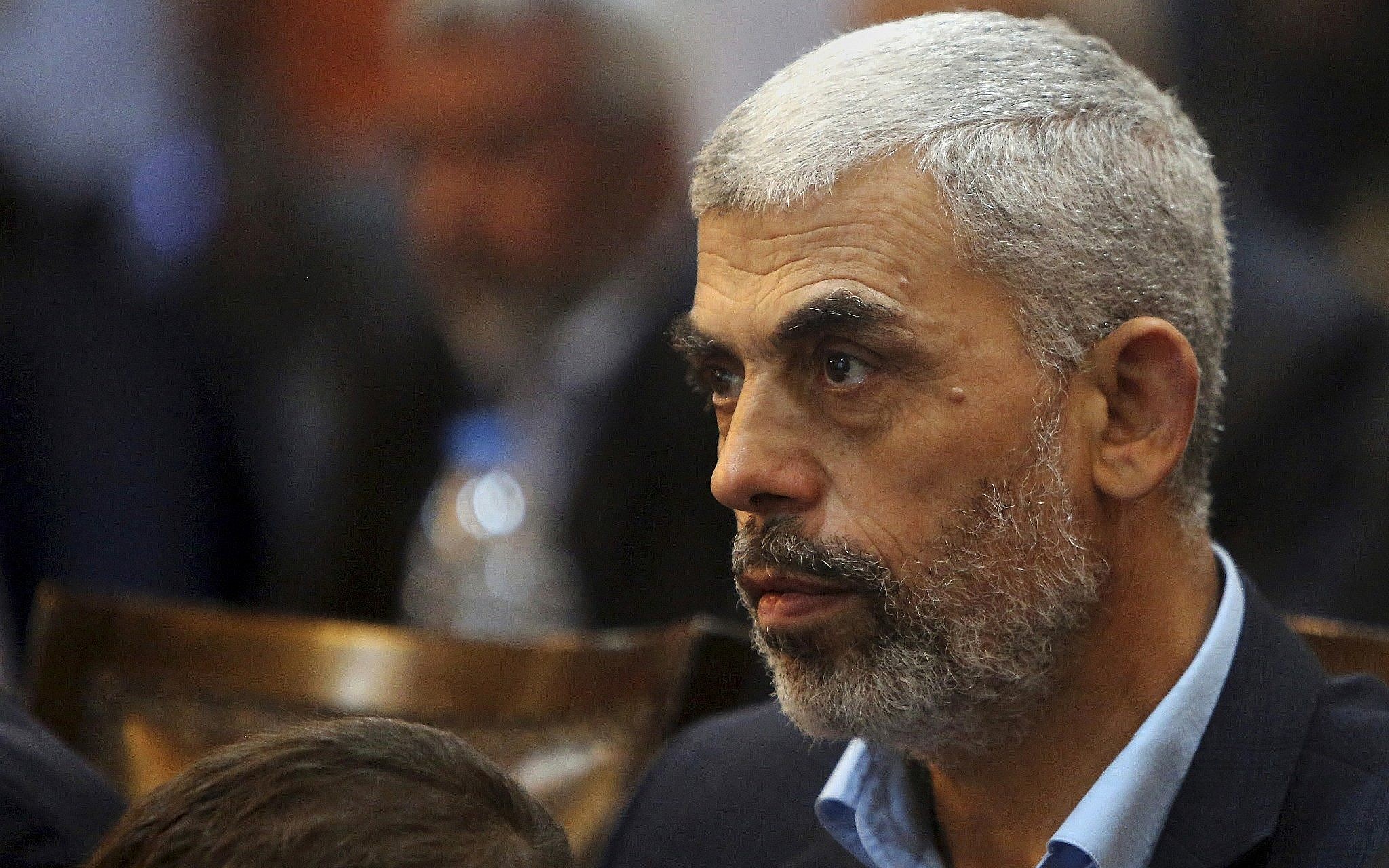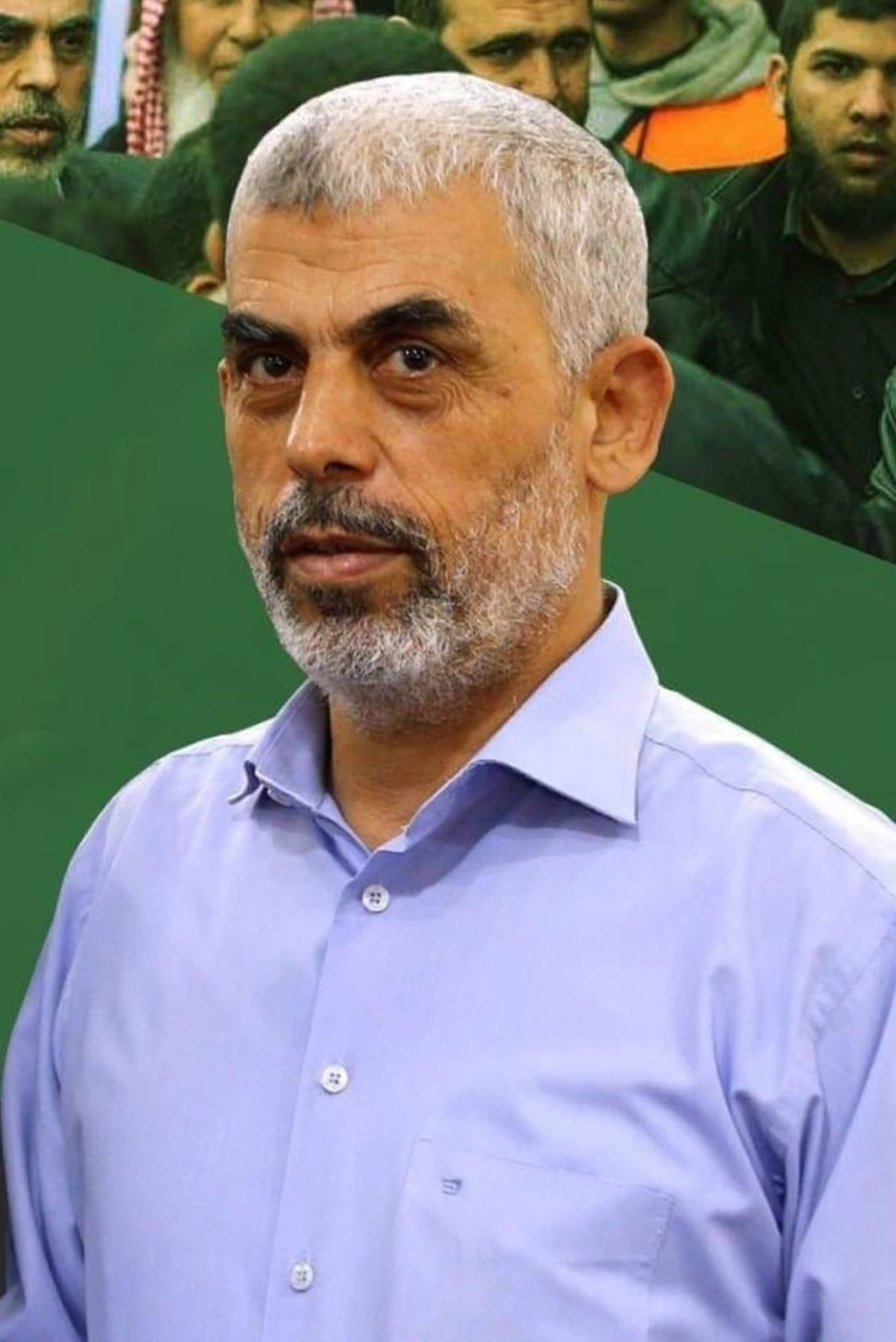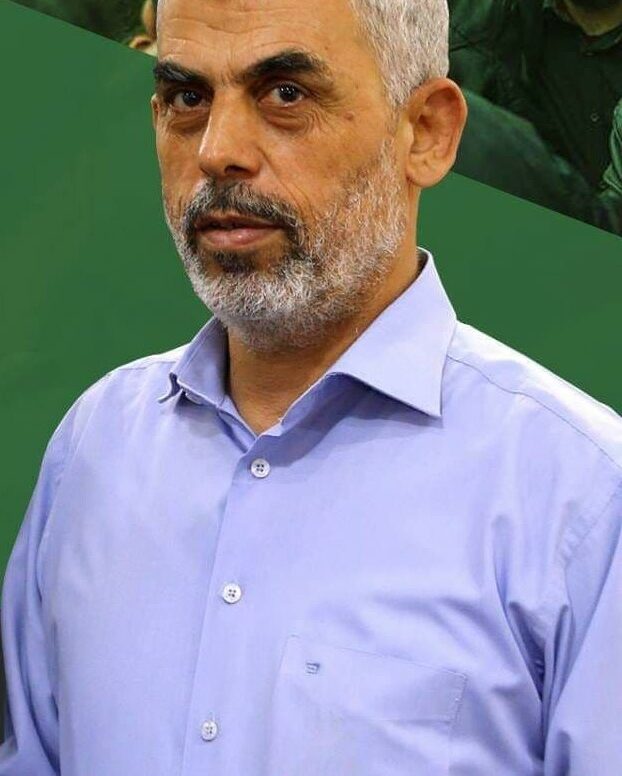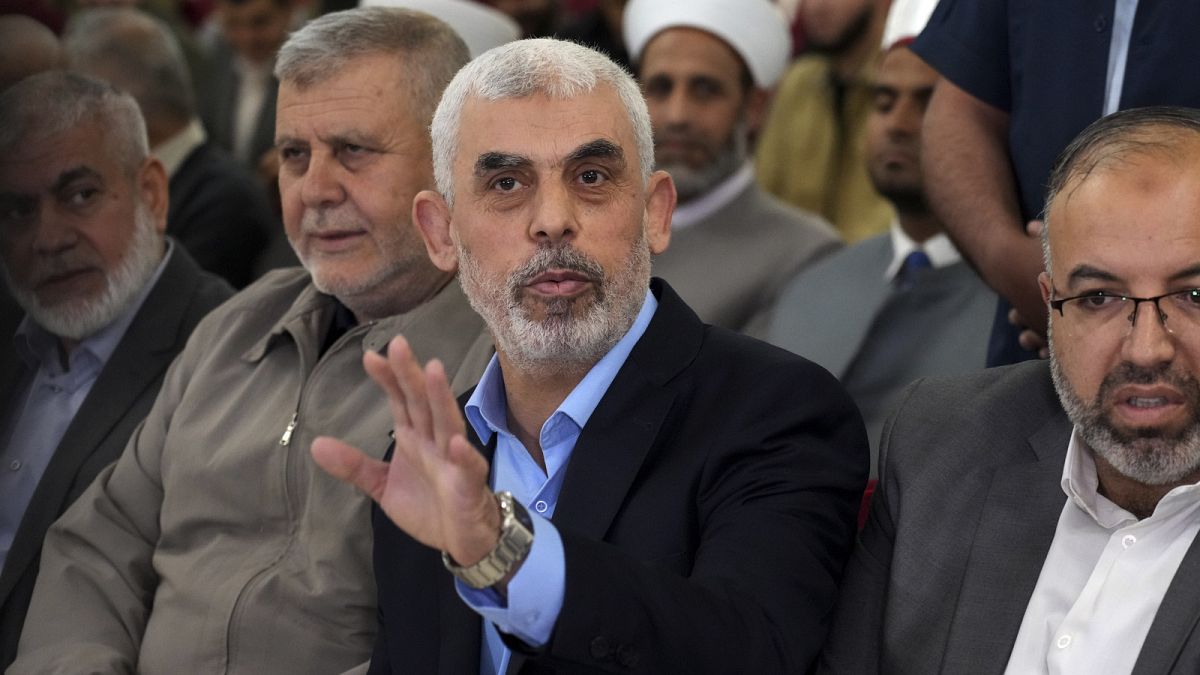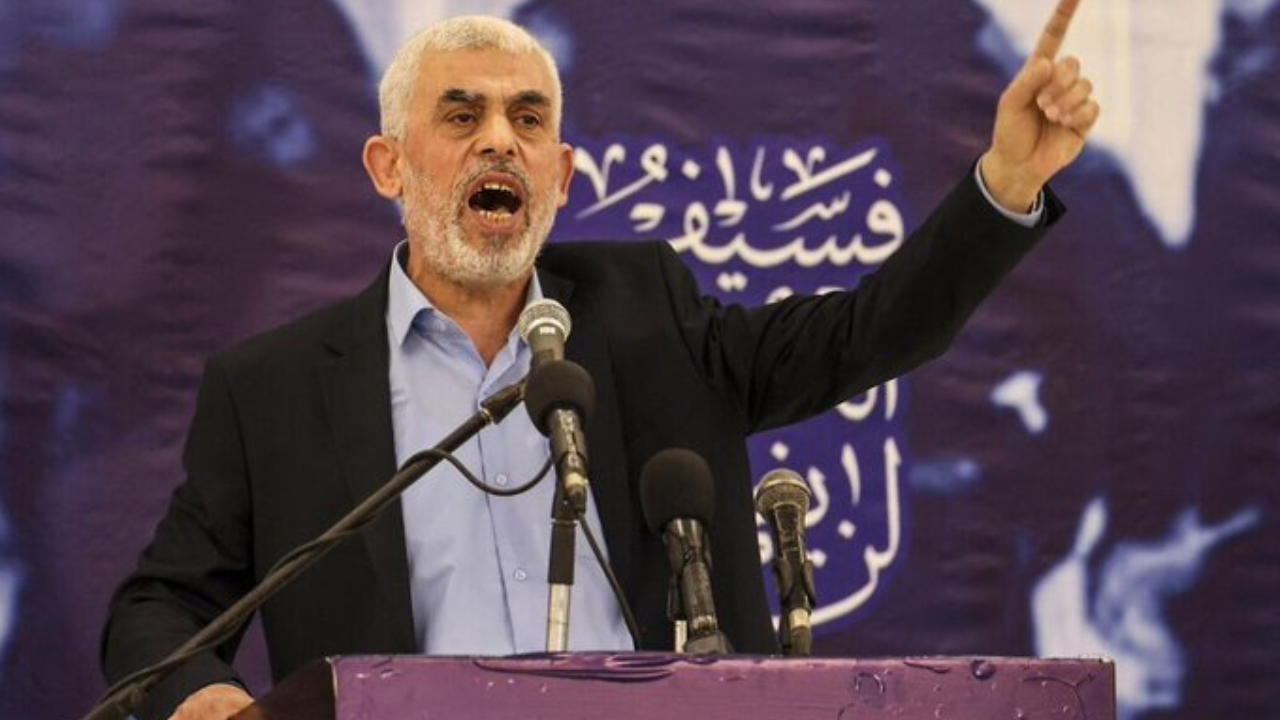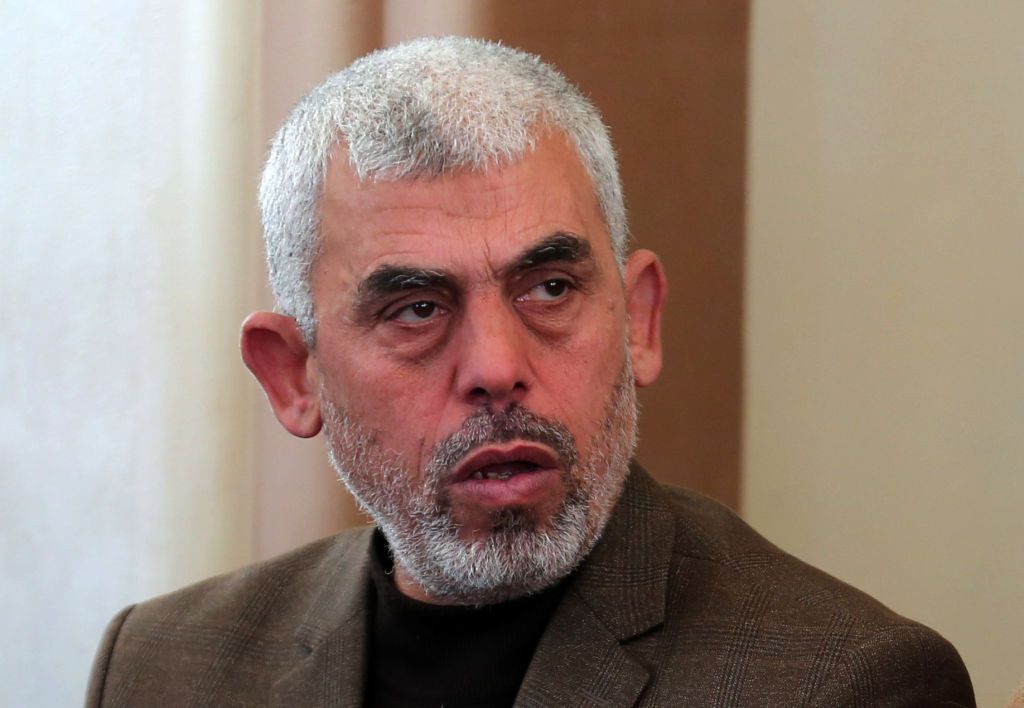Yahya Sinwar: The Mastermind Behind Hamas's Deadly Attacks on Israel
Yahya Sinwar, the Palestinian militant leader who emerged from two decades of prison in Israel to rise to the helm of Hamas, has been killed by Israeli forces in Gaza. Sinwar, widely considered to be the mastermind behind Hamas's cross-border assault on Israel last year, was a key figure in the organization's military strengthening and alliances with Iran and Hezbollah. His death marks a pivotal moment in Israel's year-long operation in Gaza, launched in response to the devastating October 7 attack that killed over 1,100 people and took 250 hostages. Sinwar's life was marked by his unwavering commitment to the destruction of Israel. Born on October 29, 1962, in Khan Younis in the southern Gaza Strip, he was forced out of his family's home in the Palestinian town of Rafah. This early experience of displacement likely shaped his later militant views. Sinwar climbed the ranks of Hamas, eventually becoming the group's leader in the Gaza Strip in February 2017. Under his leadership, Hamas focused on military strengthening, with Sinwar forging close ties with Iran and Hezbollah. Sinwar's most notorious act as Hamas leader was the October 7 attack on Israel, the deadliest assault on Jewish people since the Holocaust. This brazen assault marked a turning point in the conflict between Hamas and Israel, with Israel launching a comprehensive operation in Gaza to neutralize the militant group. Sinwar's death is seen as a significant blow to Hamas's leadership and a major setback for the organization's military capabilities. Despite his lifetime of dedication to the destruction of Israel, Sinwar's personal story is also one of complex moral nuance. In 2008, while an inmate in Israel's Eshel Prison, Sinwar developed a brain tumor. An Israeli surgeon operated on his head and saved his life. This act of kindness was a stark contrast to the brutal violence that Sinwar would later unleash on Israeli civilians. Israeli officials haveconfirmed that Sinwar was killed in an operation in the Gaza Strip on October 16. The Israeli foreign minister stated that Sinwar was among three people killed in the operation. Iran has remembered Sinwar as a "martyr" and "model for the youth and children," highlighting the deep ties between Hamas and the Iranian regime. President Joe Biden released a statement on Sinwar's death, stating that Israeli authorities had informed his national security team of the Hamas leader's likely death. This acknowledgment of Sinwar's significance underscores the broader regional implications of his death. As a key architect of the October 7 attack, Sinwar's demise is likely to have far-reaching consequences for the delicate balance of power in the Middle East. The Israeli military has launched a comprehensive operation in Gaza, aimed at dismantling Hamas's military infrastructure and eliminating key leaders. Sinwar's death is seen as a significant milestone in this effort. However, it remains to be seen whether this development will bring an end to the conflict or simply fuel further violence.The Complex Legacy of Yahya Sinwar
As the news of Sinwar's death spreads, analysts are grappling with the complex legacy of the Hamas leader. On one hand, he was a mastermind behind some of the most devastating attacks on Israeli civilians in recent history. On the other hand, he was also a product of the Israeli-Palestinian conflict, forged in the cauldron of displacement and dispossession. Sinwar's personal story serves as a poignant reminder of the deep human cost of this conflict. His family was forced out of their home, and he was subject to the harsh realities of Israeli occupation. Yet, in response to these experiences, Sinwar chose a path of violence and militancy, which ultimately led to his own demise. As the region grapples with the aftermath of Sinwar's death, it is essential to remember the human cost of this conflict. The Israeli-Palestinian conflict is not simply a matter of ideology or territory; it is a deeply personal and emotional struggle that has claimed countless lives and destroyed countless families.A Turning Point in the Conflict?
Sinwar's death marks a significant turning point in the Israel-Hamas conflict. The Israeli military's ability to eliminate a key Hamas leader is a testament to their operational capabilities and commitment to asserting control over Gaza. However, this development also raises important questions about the future of the conflict. Will Sinwar's death lead to a diminution of violence, or will it fuel further radicalization and militancy? Can Hamas recover from the loss of a key leader, or will this development create an opportunity for more pragmatic voices to emerge? The answers to these questions will depend on a range of factors, including the response of Hamas, the Israeli government's policies, and the broader regional dynamics at play. One thing is certain, however: the death of Yahya Sinwar marks a new chapter in this enduring conflict.#Politics



